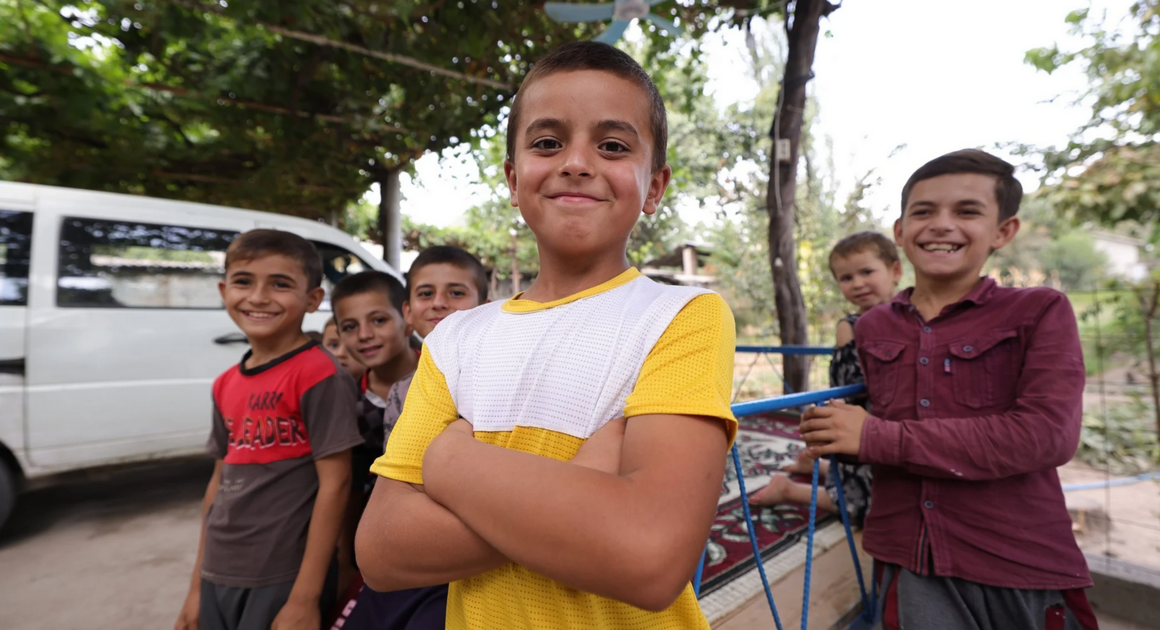17 September - World Patient Safety Day Health Workers Are Crucial for “Safe Care to Every Newborn and Every Child”

Since 2019, governments of all Member States of the World Health Organization, patients’ associations, health workers, and several other national and international bodies have observed 17 September as World Patient Safety Day (WPSD). This was based on the “Global action on patient safety” resolution of the 72nd World Health Assembly, which the Public Services International supported at the Health Assembly.
The WPSD serves to raise global awareness of the pervasive state of avoidable patient harm in health care facilities, including outpatient clinics. This is to foster engagement of policymakers, patients and their families, health workers and all other key players in the health and care sector to take concrete steps, including the formulation and implementation of policies, that will help eliminate avoidable harm in healthcare, strengthen clinical safety standards, empower patients and ensure their autonomy, and deepen collaborative working for patient safety.
The theme of this year’s WPSD is “Safe care to every newborn and every child”, with “patient safety from the start” as an added slogan. The need for prioritising safe care for the newborn and indeed every child cannot be overemphasised. They are more vulnerable, even in the best of circumstances. This gets worse for children from poor backgrounds in the face of rising social inequality, and in conflict zones.
Two years ago, a systematic review and meta-analysis showed that the rate of adverse events in paediatric inpatient care was as high as 53.8% in hospital care settings. And this is more concerning for seriously ill children in intensive care settings, reaching as high as 91.16%. The situation in low- and middle-income countries is further alarming in terms of neonatal deaths. Infections arising from medication errors and preventable adverse events in paediatric and neonatal intensive care settings contribute to between 4% and 56% of deaths of children within their first month of life.
To ensure “patient safety from the start”, so that every newborn and every child receives the care they deserve, governments across the world need to invest in the health and care workforce needed to deliver quality healthcare to them. Public health facilities are under-funded and grossly understaffed across the world, particularly in the developing countries of the Global South. It is impossible in such circumstances for substantial improvements to be made in providing safe care for the newborn, infants and children. For instance, Africa, the region with the greatest health worker shortage, accounts for 55% of the world’s under-five deaths.
Health and care workers work around the clock, often going beyond the remit of work to deliver healthcare. But the lack of safe and effective staffing for health policies, ratios and practices in national health systems and health facilities limits how far they can go. This undermines both patient safety and health worker safety. That is why the theme of the second WPSD, which took place during the COVID-19 pandemic and on whose Steering Committee PSI served, was: Health Worker Safety: A Priority for Patient Safety.
On this World Patient Safety Day, we must all demand fundamental reform of the global financial architecture. The conditionalities of international financial institutions, for example, constrain the fiscal policy space of low- and middle-income countries, curtailing their ability to employ adequate numbers of healthcare workers and safeguard decent work in the health sector.
We must stand together, united in our unshaken commitment to provide “safe care for every newborn and every child. This requires taking radical political and economic steps that enable the availability of adequate numbers and mix of health workers for all, including the midwives, neonatal nurses, paediatricians, dietitian, community health workers, child life specialist, lactation consultants, recreational therapists, social workers and all other health and care workers who are crucial for the realisation of this necessary goal, to safeguard the flower, of humankind’s future.
It is also necessary, on a day like this and with this important theme, to highlight the macabre scenario faced by every newborn and every child in war-torn zones such as Sudan where UNICEF pointed out that children are facing “unimaginable suffering” and Gaza, where 20,000 children have been killed in 23 months of war. These include at least 146 children who have died from starvation.
We must not forget Sudan which is also now ravaged by famine, and other war-torn zones. We must be unambiguous in demanding an unconditional ceasefire in Gaza. The newborn and children there must be included, as we seek safe care and wellbeing for the nascent generation.
